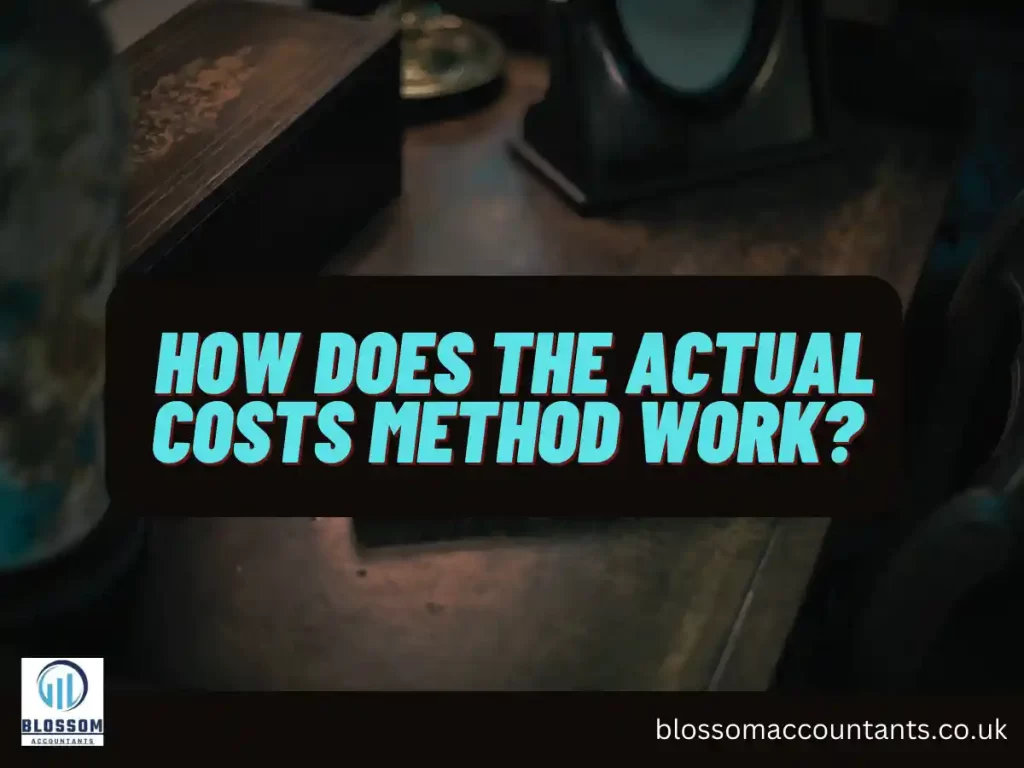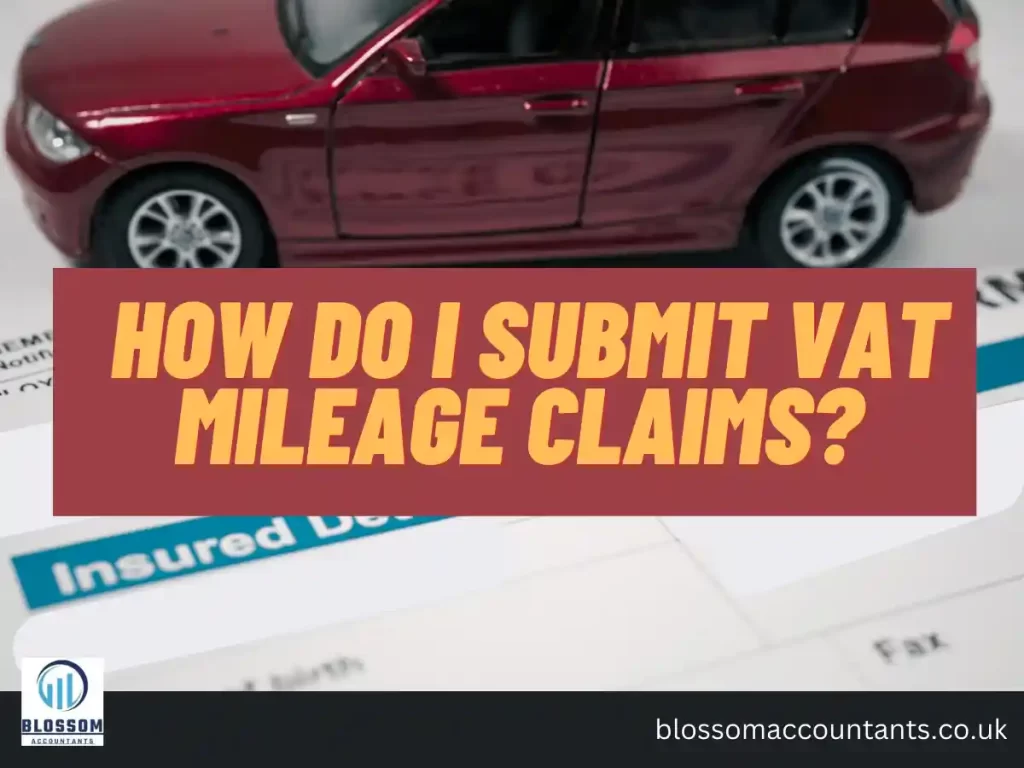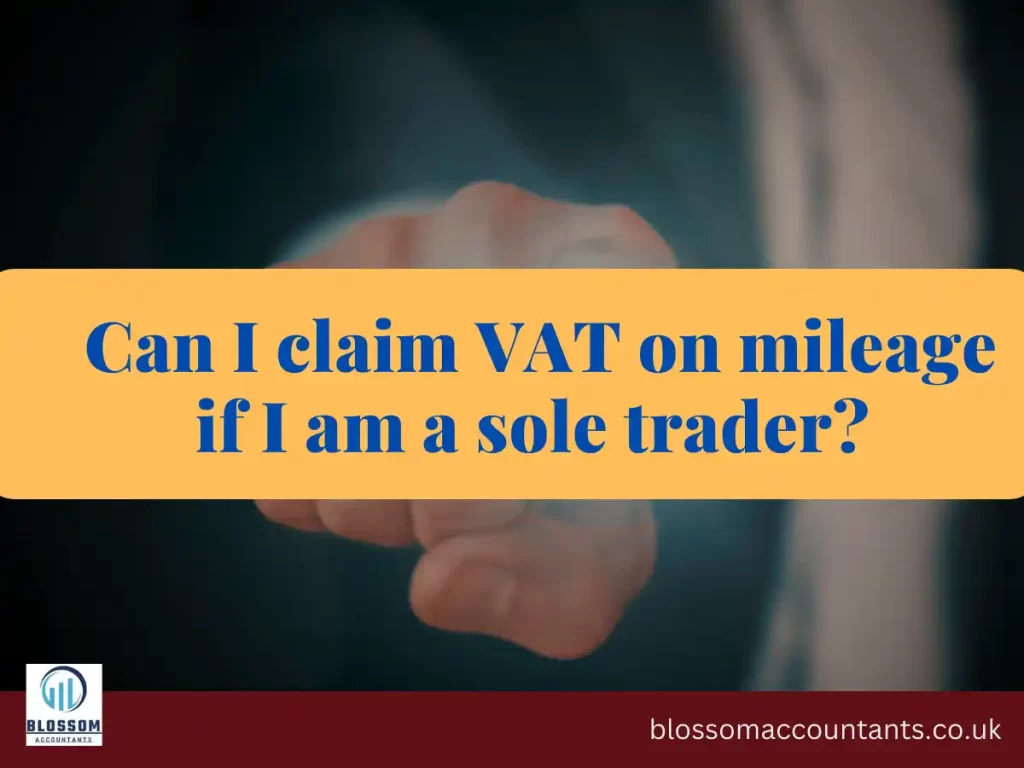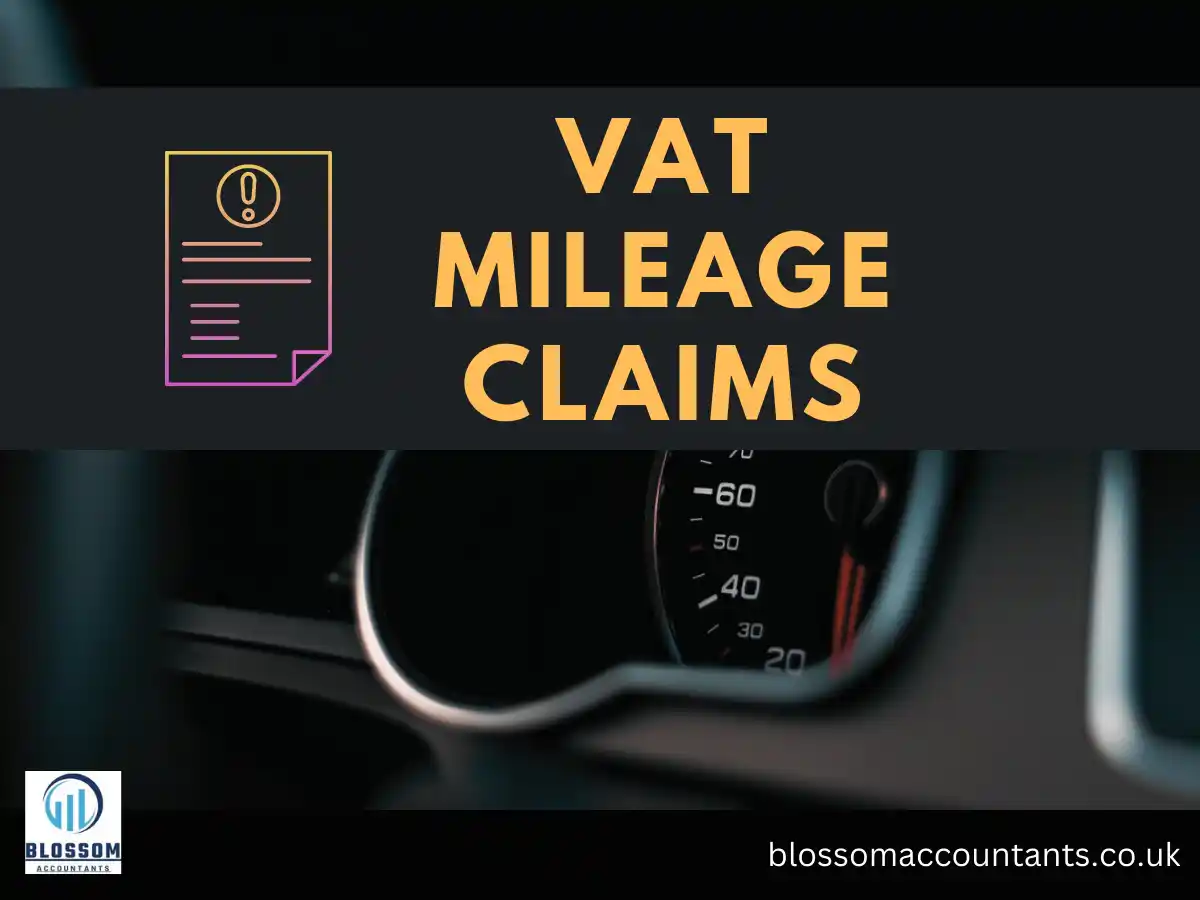When it comes to business-related travel, many individuals in the United Kingdom are unaware that they can make VAT mileage claims. These claims can help offset the VAT on fuel costs and provide a tax advantage for businesses. In this article, we will delve into the process of making VAT mileage claims in the UK, providing examples along the way to clarify the calculations and requirements.
Understanding VAT Mileage Claims:
VAT mileage claims are applicable when a business uses a vehicle for business purposes and incurs fuel costs. The purpose of these claims is to recover the VAT portion of those fuel costs, reducing the overall tax burden. It is essential to note that VAT mileage claims only apply to business-related mileage, not personal travel.
Introduction:
Claiming VAT on mileage expenses can be a valuable opportunity for businesses in the United Kingdom to offset their tax burden. In this article, we’ll address common questions about VAT mileage claims, providing clear answers and practical examples to help you navigate the process effectively.
Table of Contents
What are VAT mileage claims, and when can I make them?
VAT mileage claims allow businesses to recover the VAT portion of fuel costs incurred during business-related travel. These claims can only be made for business mileage and not personal travel.
What are the methods for calculating VAT mileage claims?
There are two main methods: the Actual Costs Method and the Flat Rate Method.
How does the Actual Costs Method work?
With the Actual Costs Method, you can reclaim VAT on the actual expenses related to your vehicle, such as fuel, servicing, and repairs. The VAT reclaim is proportional to the percentage of business mileage. Let’s look at an example:
Total mileage for the year: 10,000 miles
Business mileage: 8,000 miles
Total fuel costs (including VAT): £2,000
VAT rate: 20%
VAT mileage claim = (Business mileage / Total mileage) x Total fuel costs x VAT rate
= (8,000 / 10,000) x £2,000 x 20%
= £1,600

How does the Flat Rate Method work?
The Flat Rate Method provides a simplified approach where a fixed percentage of business mileage is deductible. The current flat rate is 45p per mile for the first 10,000 business miles and 25p per mile thereafter. This rate includes VAT. Here’s an example:
Business mileage for the year: 9,000 miles
VAT mileage claim = Business mileage x Flat rate per mile
= 9,000 x 45p
= £4,050
What records do I need to keep for VAT mileage claims?
Accurate record-keeping is essential. Maintain records including the date, mileage, purpose of the journey, and associated fuel costs. These records will support your VAT mileage claim and ensure compliance with HMRC requirements.
How do I submit VAT mileage claims?
VAT mileage claims are included in your regular VAT return. Report the VAT amount claimed in the appropriate section of your VAT return. The claimed VAT amount will offset any VAT due or be refunded if there is an excess.
Also read: Deregistering from VAT (Value Added Tax)

Is VAT registration compulsory to make VAT mileage claims?
No, VAT registration is not required solely for making VAT mileage claims. However, if your taxable turnover exceeds the VAT registration threshold or you anticipate exceeding it, you should consider registering for VAT.
Can I claim VAT on mileage if I am a sole trader?
Yes, sole traders can claim VAT on mileage if they meet the necessary criteria. The rules for VAT mileage claims apply to businesses of all sizes, including sole traders.
Also read: P87 Form

Conclusion:
VAT mileage claims can provide significant benefits for businesses in the UK by recovering the VAT portion of fuel costs incurred during business travel. Whether utilizing the Actual Costs Method or the Flat Rate Method, accurate record-keeping is essential. By following the guidelines and examples provided in this article, you can make successful VAT mileage claims, reducing your tax burden and enhancing your financial position.
DISCLAIMER: We have written the UK accounting and tax related details for your information only. For professional advice or for any accounting task you require, you may need to speak to a professional accountant near you who can assist you. Please read our disclaimer for more details.

